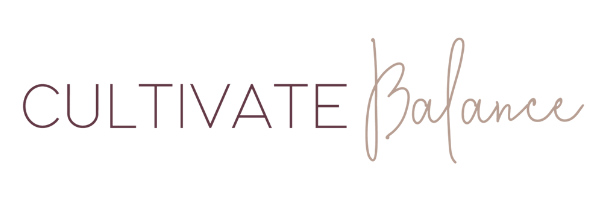Postpartum Ayurveda
Nourishment, Care & Emotional Healing
The postpartum window is a sacred time — a tender bridge between the magic and intensity of birth, and the long journey of parenting.
In Ayurveda, the first 42 days after giving birth (sūtikā kāla) are considered a powerful opportunity for rest, healing, and deep nourishment. How you care for yourself in these weeks shapes your long-term health, vitality, and emotional resilience.
Ayurvedic Postpartum Overview
Whether you’re preparing for birth or already navigating new motherhood, Ayurvedic postpartum care offers guidance that supports your whole being — body, mind, and spirit.
On this page, you’ll find everything you need to understand and begin implementing postpartum Ayurveda, with a focus on:
Nutrition for recovery and vitality
Personalized care plans for physical healing
Emotional recovery through connection and balance
Book an Ayurvedic Postpartum Consultation | Explore Postpartum Recipes
Understanding Postpartum Ayurveda
After birth, vata dosha — the energy of movement and change — naturally increases in the body.
This can bring lightness, clarity, and creativity… but also anxiety, dryness, and fatigue if left unbalanced.
Ayurveda teaches that the antidote to vata imbalance is warmth, stability, and nourishment.
In the postpartum period, these qualities help rebuild ojas — your life essence and source of immunity, energy, and resilience.
Postpartum Nutrition for Healing
Core Principles
Ayurvedic postpartum nutrition focuses on foods that are:
Warm — to protect digestion and promote circulation
Moist and unctuous — to counter dryness and replenish tissues
Easy to digest — so the body can direct energy toward healing
Examples include ghee-rich kitchari, spiced milk, soups, porridges, and soft-cooked vegetables.
Sample Foods & Recipes
Common Nutritional Mistakes
Eating cold or raw foods straight from the fridge
Skipping meals due to busyness or overwhelm
Relying heavily on packaged snacks instead of fresh, warm meals
Ayurvedic Postpartum Care Plans
The 42-Day Recovery Framework
Ayurveda recommends dedicating the first six weeks to rest, nourishment, and gentle care. Each week builds upon the last:
Week 1–2: Complete rest, warm oils, and simple foods
Week 3–4: Gradual movement, light household tasks, deeper nourishment
Week 5–6: More variety in diet, slow return to normal activities
Practices & Rituals
Abhyanga (warm oil massage) for calming vata and supporting circulation
Herbal baths to soothe the nervous system
Gentle belly binding for support and grounding
Personalizing Your Care Plan
Your dosha, climate, birth experience, and support network all influence the best approach for your recovery.
Book a postpartum consultation to create a plan that’s truly yours.
Emotional Recovery After Birth
The Ayurvedic Perspective
Vata imbalance can bring restlessness, anxiety, or difficulty sleeping
Pitta imbalance may show as irritability, frustration, or feeling overheated
Kapha imbalance can bring heaviness, sadness, or withdrawal
Support Practices
Gentle breathwork and meditation to soothe the mind
Daily warm oil massage for grounding
Connection with friends, family, or postpartum support circles
When to Seek Extra Help
Ayurveda can work alongside modern postpartum mental health care. If you’re experiencing persistent sadness, anxiety, or overwhelm, reach out to a trusted provider.
Ayurveda & Cleansing Postpartum
Ayurveda cautions against intense cleansing right after birth — the body needs rebuilding before detoxifying.
Gentle, seasonal resets can be introduced once your strength has returned and your cycle is regular again.
Learn more about my Seasonal Reset Program.
Postpartum Ayurveda FAQs
What is Ayurvedic postpartum care?
A holistic approach to postpartum recovery that combines nutrition, lifestyle, and emotional support to balance the body’s energies after birth.
How long should I follow postpartum guidelines?
The first 42 days are most critical, but many practices can be continued for months — or even years — to support vitality.
Which foods are best in the first week?
Warm broths, spiced milk, and soft-cooked grains with ghee are ideal.
Can I do abhyanga after a C-section?
Yes, but only after your incision has healed and with your provider’s approval.
Is cleansing safe postpartum?
Not immediately — wait until your body is rebuilt and your energy is steady.
Do I need an Ayurvedic postpartum doula?
While not essential, having skilled support can make recovery smoother and more restful.


